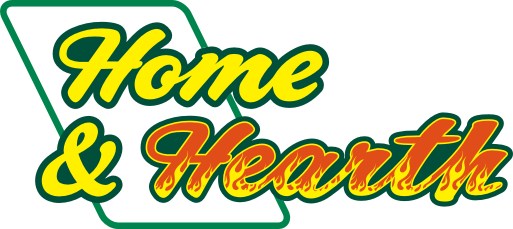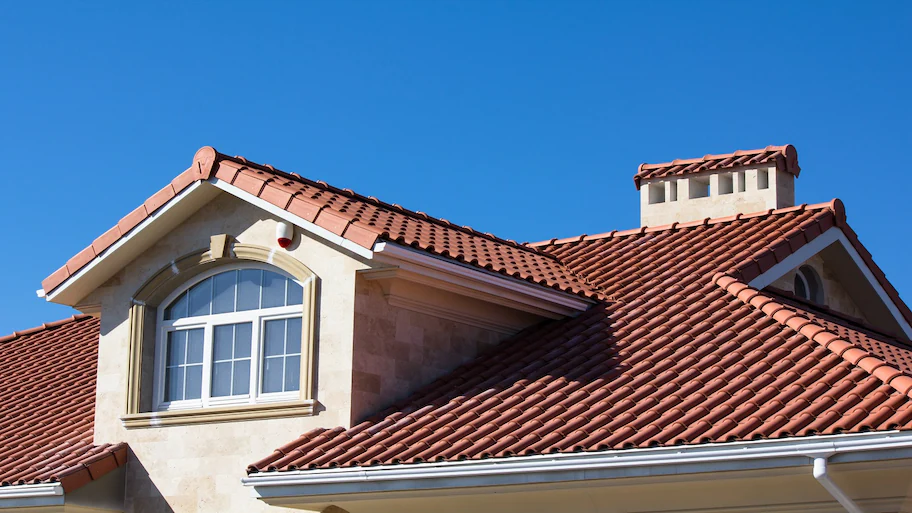
Get matched with top gas log pros in Lake Park, MN
Enter your ZIP and get matched with up to 5 pros
Need a pro for your gas log service project in Lake Park, MN?
Find Gas log pros in Lake Park

Home and Hearth
Home and Hearth
Additional email - [email protected].
"Friendly, knowledgeable service representative"
Karen L on January 2018
Additional email - [email protected].
"Friendly, knowledgeable service representative"
Karen L on January 2018
The homeowners guide to home care is here
From average costs to expert advice, get all the answers you need to get your job done.

Copper is a luxury roofing material that’s highly desirable and maximizes curb appeal. Learn about copper roof costs and price factors in this guide.

A new roof improves curb appeal, increases home value and keeps your living space protected from the elements. Learn about average roof replacement costs to set your budget.

Sealing your roof can help preserve its life span—you just have to choose the right coating. This guide will help you budget for your total roof coating cost.

There is a calculation for how many soffit vents you need, depending on your square footage. Discover where to install them and what happens to your attic air during winter.

Furring strips support your metal roof and improve ventilation, but only if spaced correctly. Here’s the ideal spacing of furring strips for metal roofs.

Shingles that are losing their granules may not be protecting your roof. Learn why shingle granule loss happens and what it means for your roof.
- Tree Service in Lake Park
- Drywall in Lake Park
- Epoxy Flooring in Lake Park
- Lawn And Yard Work in Lake Park
- Excavating in Lake Park
- Deck Maintenance in Lake Park
- Landscaping in Lake Park
- Insulation in Lake Park
- Electrical in Lake Park
- Roof Ice And Snow Removal in Lake Park
- Kitchen And Bath Remodeling in Lake Park
- Painting in Lake Park
- Concrete Leveling in Lake Park
- Handyman Service in Lake Park
- Windows in Lake Park
- Gutter Cleaning in Lake Park
- Computer Repair in Lake Park
- Plumbing in Lake Park
- Land Surveying in Lake Park
- Foundation Repair in Lake Park
- Roofing in Lake Park
- Landscaping Hardscaping And Pavers in Lake Park
- Fencing in Lake Park
- Small Appliance Repair in Lake Park
- Window Cleaning in Lake Park
- Plumbing in Lake Park
- Roofing in Lake Park
- Tree Service in Lake Park
- Kitchen And Bath Remodeling in Lake Park
- Electrical in Lake Park
- 🌱 "Mow a small front yard"
- 🛠 "Fix a leaking pipe under the sink"
- 🏠 "Repair shingles on an asphalt roof"